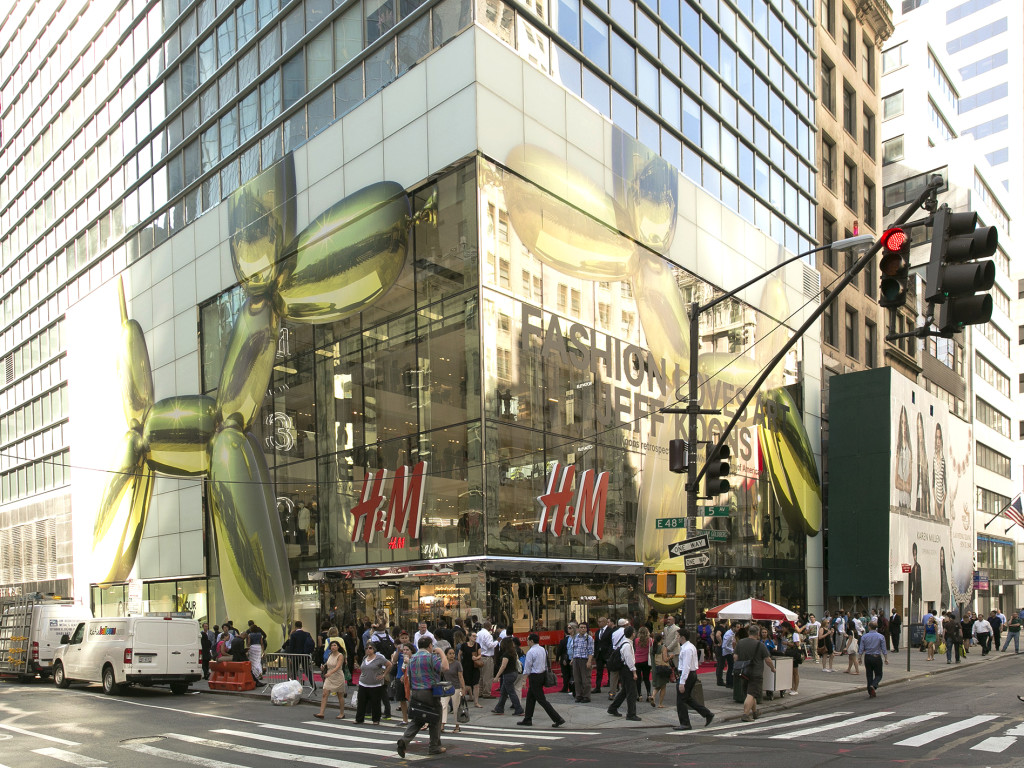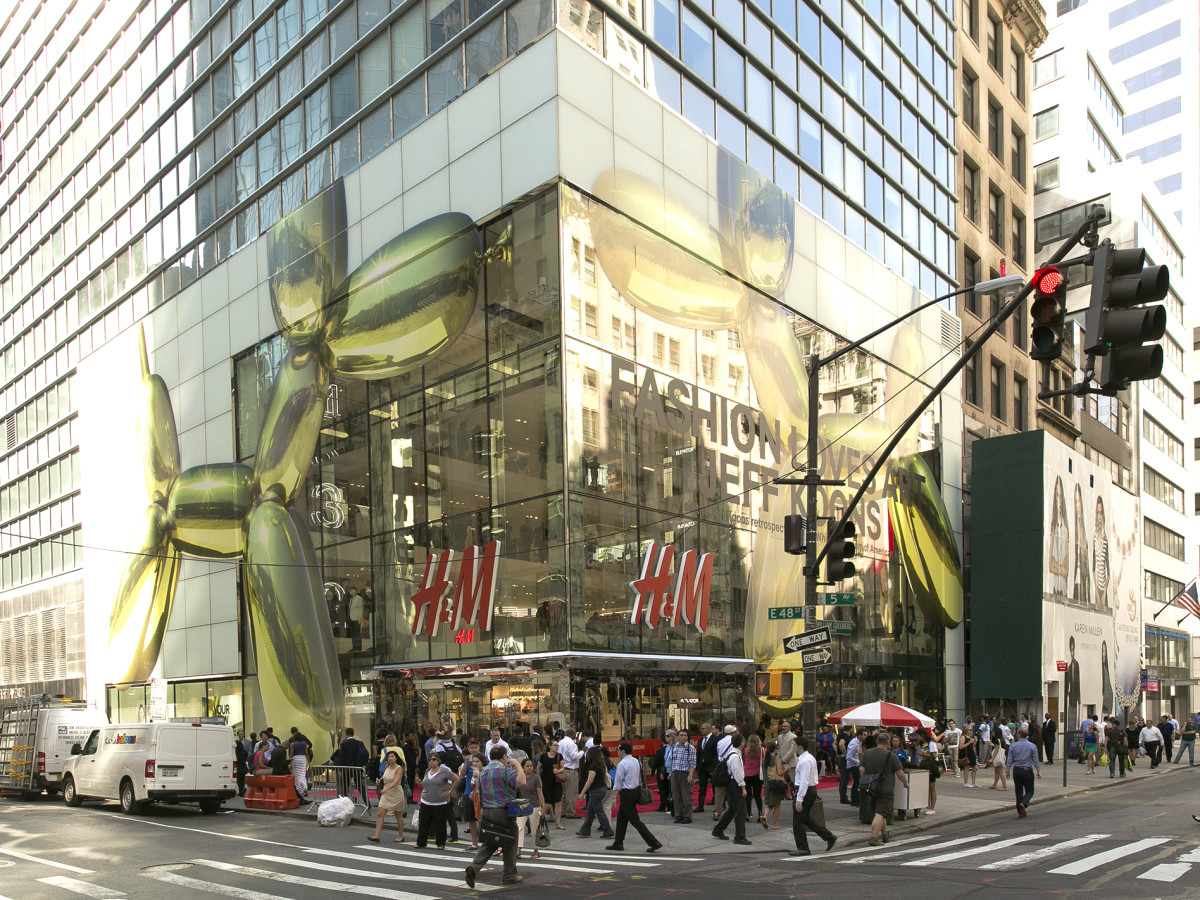H&M TO CLOSE STORES AS CUSTOMERS GO ONLINE


Shares in the world’s second-largest fashion retailer fell 13 percent to their lowest level since 2009.
The retailer said sales in the September-November period were far below its own expectations. It plans to speed up efforts to adjust to changes in the market, including closing more H&M stores and opening fewer new ones and start selling the brand through Chinese online platform Tmall.
The H&M group brand Monki has had a strong development in China since its launch on Tmall and the collaboration between the two groups is now being extended to include both the H&M brand and H&M Home. There are also far advanced discussions regarding the launch of the remaining brands in the H&M group on Tmall.
“As one of the world’s most innovative fashion companies, H&M is a perfect fit for Alibaba’s Tmall platform,” said Michael Evans, president of Alibaba Group, which runs Tmall. “We are honored to expand our cooperation with H&M and host their flagship store, enabling H&M brands to engage with our half a billion consumers.”
“We are very happy to be able to make H&M even more accessible in mainland China,” added Karl-Johan Persson, CEO of the H&M group. “Tmall is an important complement to our existing physical and digital stores. We see great potential for substantial future growth and Tmall will be an important part of this.”
Main rival Inditex, the owner of Zara, has outperformed H&M and others in recent years, helped by a more flexible supply chain that allows it to adapt quickly to demand.
The Spanish company this week reported slower sales growth in the three months through October but said sales growth had gained pace again in November.


